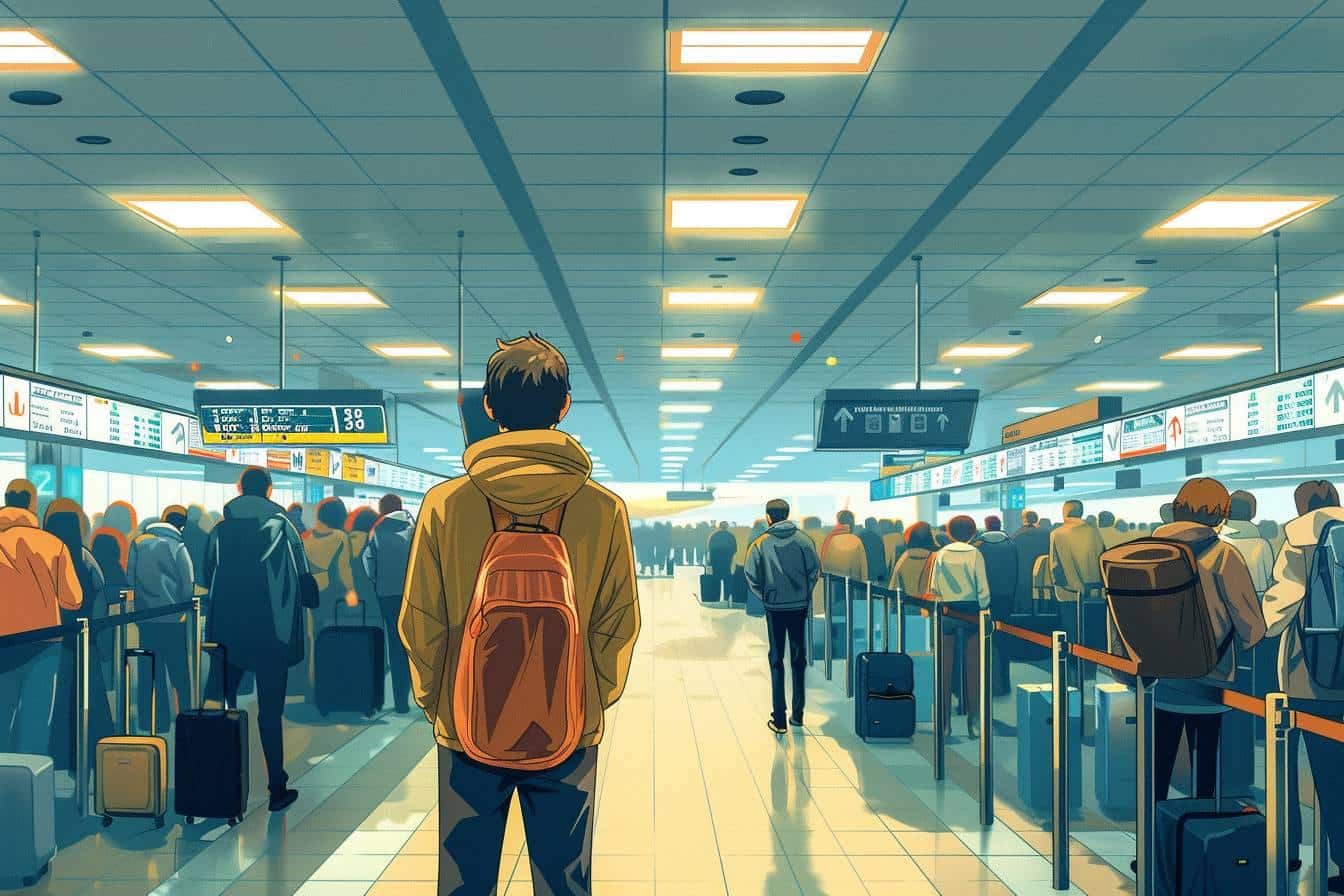As Germany has recently announced the reintroduction of border controls, travelers must prepare for potentially significant changes during their journeys. This tightening of measures aims to combat irregular migration and strengthen the country’s internal security. The new procedures and the establishment of a border police could cause inconveniences for those who regularly cross borders, particularly to France and other neighboring countries. In this context, it is essential to understand the implications of these controls in order to plan travels with peace of mind.
Starting from September 16, Germany took the notable decision to reintroduce border controls at its land borders. This measure, motivated by the desire to combat irregular migration, not only affects the country’s internal security but will also impact travelers wishing to cross the borders. What are the possible effects of this new regulation on your getaways in Germany and beyond? Here is an overview of the elements to consider.
The reasons for tightening controls #
Germany is no stranger to debates over migration policies, and this reintroduction of border controls takes place within a complex context in the European Union. Faced with a situation deemed alarming in terms of immigration, Berlin has chosen to respond with temporarily strict measures. The decision also stems from calls by certain political parties to enhance security. The objective is clear: to regulate the flow of arrivals and ensure better control of people entering the territory.
À lire the United States issues a travel warning for Pakistan following a drone attack in India
Controls that may cause inconveniences #
For travelers accustomed to free movement within the Schengen area, this change may prove to be quite disruptive. The new controls particularly affect the flow between Germany and neighboring countries such as France, Luxembourg, and the Netherlands. As a result, expect additional waiting times at border crossings, which could impact your routes and travel schedules.
Impact on tourist stays #
Individuals planning a trip to Germany or through its borders must be aware that these new measures represent not only a logistical constraint but also an uncertainty in vacation planning. Identity checks, which will become more frequent, may make certain destinations less accessible. Whether you plan to explore the castles of Bavaria or the beaches of the North Sea, it is wise to allow for extra delays while traveling.
How to prepare for these new controls? #
To minimize potential frustrations during your travels, some practical tips may prove useful. First, ensure you have all necessary documents, including your passport or ID card, ready to be presented at any time. Check traffic forecasts or alerts regarding waiting times at borders via apps or information websites before you leave. This will allow you to adjust your itinerary if necessary.
Long-term consequences for tourism #
In the long term, this return to control measures could have repercussions on Germany’s image as a tourist destination. Visitors may be discouraged by the prospect of frequent checks and potential delays. As a result, stakeholders in the tourism sector, such as hotels and transport companies, may need to rethink their strategies to attract travelers despite these new obstacles.
À lire When SNCF faces the laughter of its competitors: a look at rivals and their destinations
Conclusion on the current situation #
In summary, Germany’s decision to reintroduce border controls has direct implications for travelers. Whether in terms of waiting times or planning, it is essential to stay informed and prepared in the face of these changes. While the future is not yet clearly outlined, the impact on tourism and how this situation will evolve remains to be closely monitored for anyone considering visiting this fascinating country.


